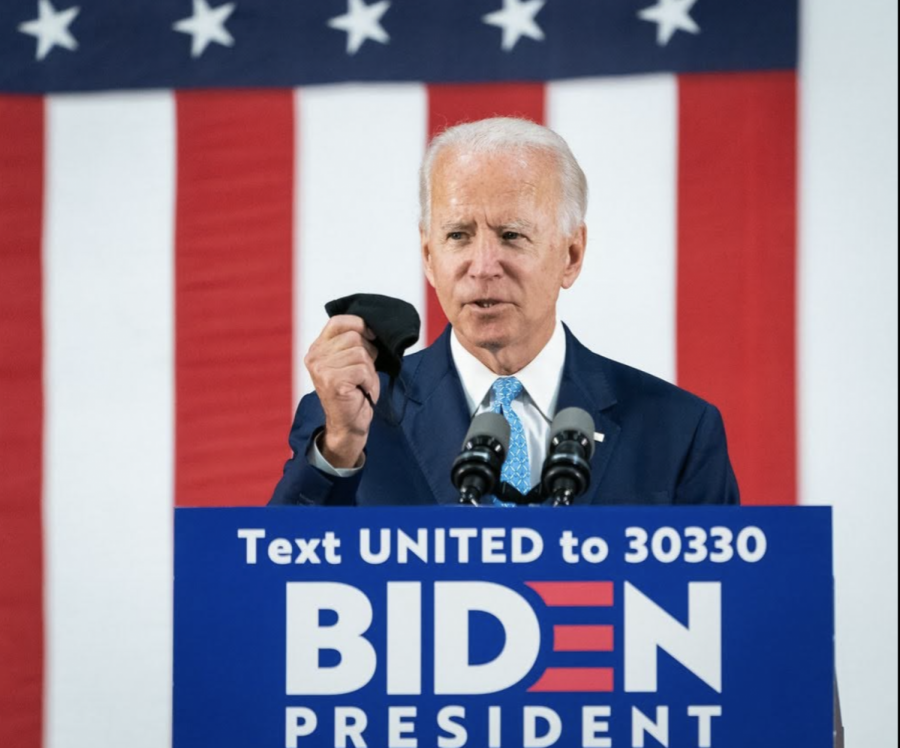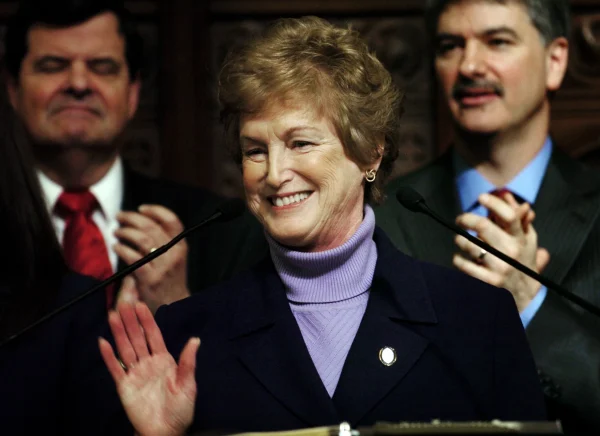$1.9 trillion stimulus bill passes Senate: What to know
Following 27 hours of debate in the Senate, a third COVID-19 relief bill passed on Saturday after a 50-49 vote. The $1.9 trillion stimulus bill now moves back into the House of Representatives for final confirmation before reaching the president.
President Joseph R. Biden’s proposed relief bill offers a third round of stimulus support to the American people. The package will send additional direct payments of $1,400 to millions of taxpayers making $75,000 or less. It also provides jobless aid payments of $300 through Sept. 6.
“Today I can say we’ve taken one more giant step forward in delivering on that promise, that help is on the way,” Biden said after the Senate passed the plan. “It wasn’t always pretty, but it was so desperately needed, urgently needed.”
For college students, the new stimulus package carries good news. After being left out of the first two stimulus checks, the new deal includes an additional $1,400 per college student that are listed as dependents. The check will then be given to parents who qualify for the stimulus.
The legislation also introduced more public funding into sectors directly impacted by the pandemic. This included funding into vaccine distribution and testing, rental assistance and school reopening costs.
This drew criticism from the GOP, who viewed the stimulus package as an extension of liberal policies.
“This isn’t a pandemic rescue package,” Senate Minority Leader Mitch McConnell (R-Ky.) said. “It’s a parade of left-wing pet projects that they are ramming through during a pandemic.”
However, the bill remains one of the most popular ever in public opinion. In a poll by The Economist, 66% of Americans said they support the $1.9 trillion relief plan, with just 25% opposing it. The remaining 9% were “not sure.”
Democrats have suffered from in-fighting that forced changes in Biden’s original plan. The most significant of which included preventing an increase to the minimum wage and lowering the number of people with access to the stimulus.
Sen. Bernie Sanders (I-Vt.) had proposed an increase to the federal minimum wage, the first such increase since 2009. However, it did not win enough Democratic support as members of the party disagreed in including the wage increase in the stimulus bill.
The inner-party disagreement also led to a 12-hour stall on Friday, as Sen. Joe Manchin III (D-W.Va.) sided against the Democrats on unemployment aid. This forced the party to compromise, decreasing the unemployment aid amount by $100. The current unemployment benefits deal expires later this month.
The party came to an agreement with stimulus accessibility, cutting the income cap for receiving the full check to $75,000. This dropped the level from $100,000 in Biden’s original proposal that was approved by the House. Because of the cut, around 12 million American adults will now not receive any stimulus support.
The package also includes a $350 billion relief package for state and local governments and tens of billions for coronavirus testing, contact tracing and vaccination. The bill has a one-year expansion of the child tax credit system, giving $3,600 to parents for children under six-years-old and $3,000 for those between six and 17. This is expected to reduce the number of children living in poverty by over 40%.
While it fell short of some progressive policy goals, the stimulus bill provides relief at a critical time during the pandemic. It provides the economy with a significant boost, projecting to power economic growth to 6.5% this year.
“COVID has affected nearly every aspect of life,” Senate Majority Leader Chuck Schumer (D-N.Y.) said. “The American Rescue Plan will deliver more help to more people than anything the federal government’s done in decades.”






